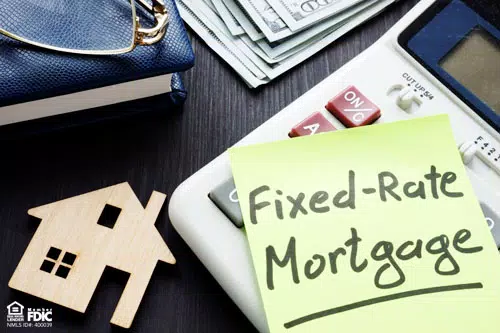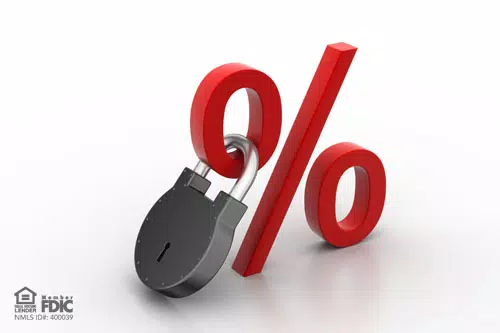When mortgage rates are creeping up in a housing market, buyers who need to stay within a specific monthly payment range will sometimes turn to an adjustable-rate mortgage (ARM). An ARM is a loan in which the interest rate charged on the outstanding balance will adjust from time to time based on market conditions.
A lower introductory rate will often be offered with an ARM for a short period, thus making it initially easier for the borrower to afford the monthly payments. After this introductory period, the interest rate will be adjusted based on current market conditions. A common type of ARM loan is a 5/1 loan. The first number tells you how long the introductory fixed-rate period will be (in this case, five years), and the second number is how often the interest rate will adjust after that; in this case, every year.
On the other hand, if the current rates are low and you would like to lock in and not take a gamble on fluctuating rates, you can get the more standard fixed-rate loan. The rate for this loan will stay the same throughout the loan term, whether the market rates go up or down.
So, which one is best, an adjustable or fixed-rate mortgage loan? There are advantages and disadvantages to both you should consider:
Adjustable-rate mortgage advantages:
- Your interest rate may decrease based on market conditions
- Typically, get a lower introductory rate for a fixed period
- It is a good option if you plan on moving soon (before the introductory period is over)
- May be able to refinance to a fixed-rate loan when rates drop
Adjustable-rate mortgage disadvantages:
- Loan payments will increase if your interest rate goes up
- Cannot budget ahead for what mortgage payments will be long-term
- Payment may increase above what is affordable
Fixed-rate mortgage advantages:
- Interest rates will never change, even if market rates go up
- It is easier to predict how much of each payment goes to interest and principal and how long it will take to pay off
- Easier to budget month-to-month
Fixed-rate mortgages disadvantages:
- To take advantage of lower interest rates, borrowers must refinance and pay associated fees and costs
To help you decide which product is better for your situation, here is a calculator that determines the monthly mortgage payment for a fixed and adjustable-rate mortgage loan, given their respective interest rates and other loan terms. If you want to talk to someone about whether an adjustable or fixed-rate loan is best for you, call the experts at NASB at 888-661-1982.



.jpg?sfvrsn=b14289a9_0)
